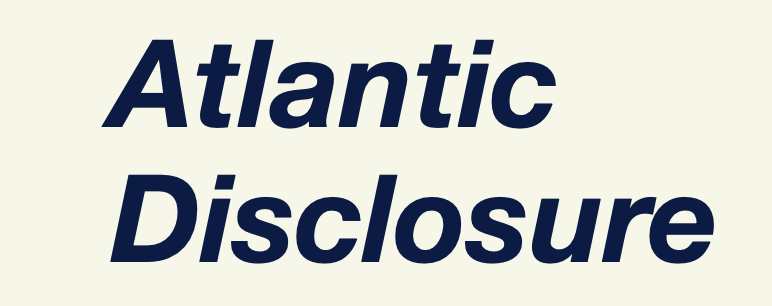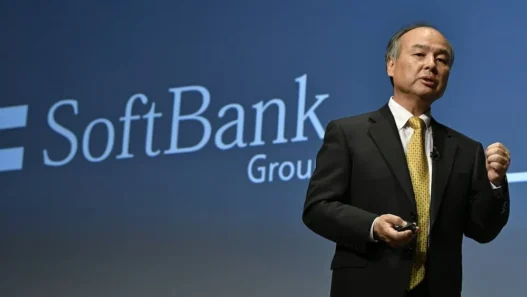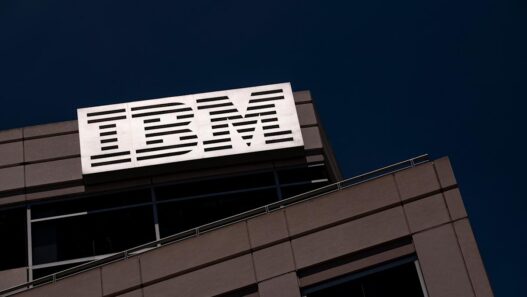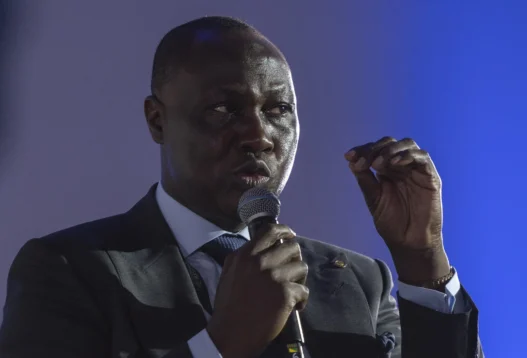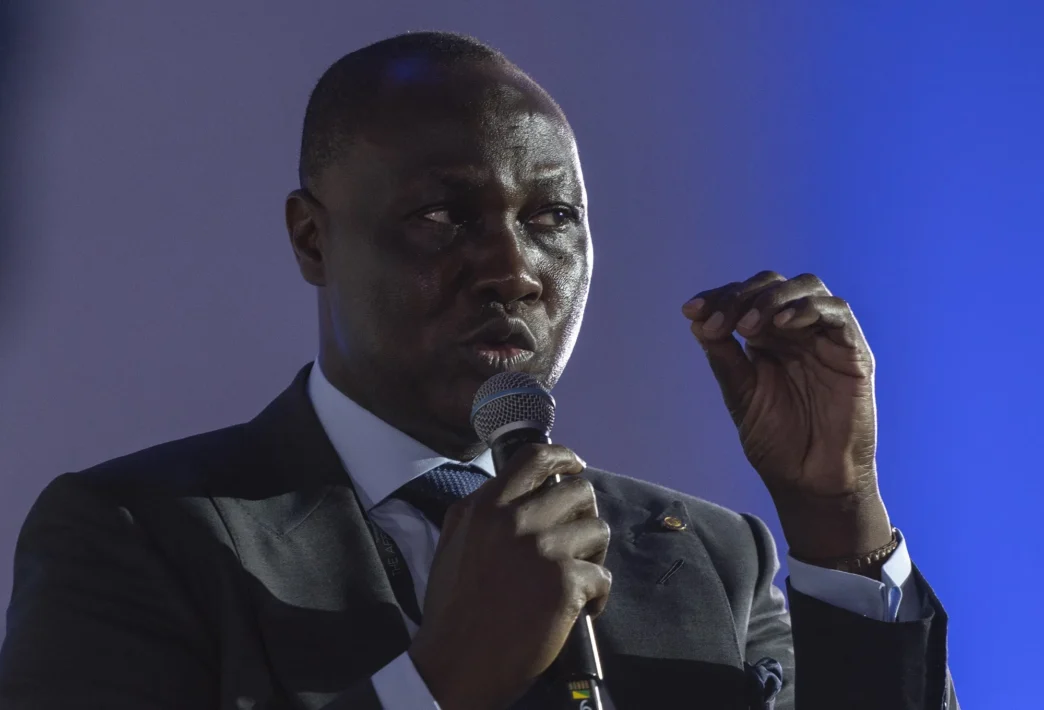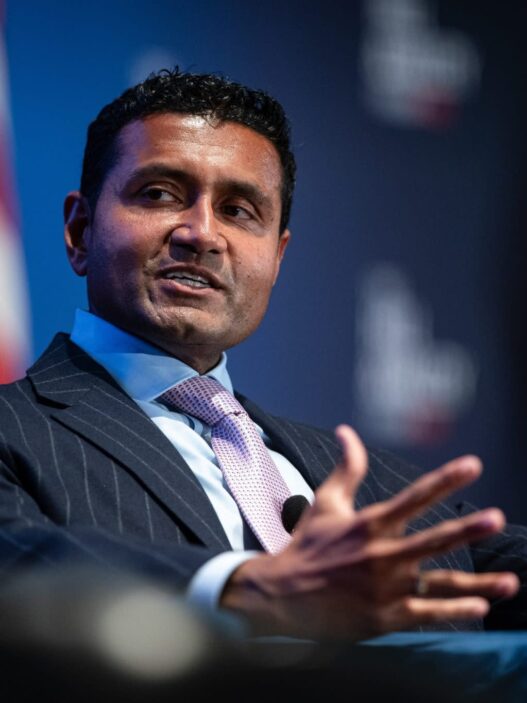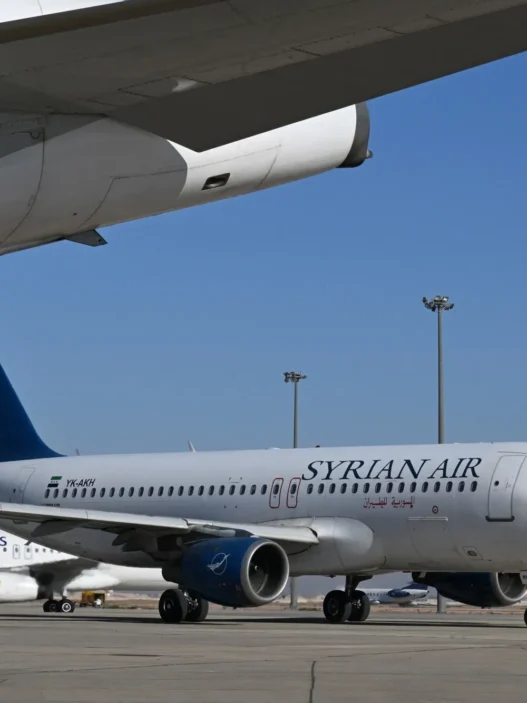The African Finance Corporation (AFC) has revealed that Africa is losing an estimated $75 billion annually due to what it calls a “prejudice premium”—the higher costs imposed on African nations and companies when accessing global capital markets.
According to the AFC, this premium is fueled by systemic bias, perceived political risk, and outdated credit assessments, which collectively force African borrowers to pay significantly higher interest rates than peers in other regions with similar or even weaker fundamentals.
The Cost of Bias in Global Finance
AFC President and CEO Samaila Zubairu explained that the prejudice premium stems largely from credit rating agencies and global investors overestimating Africa’s risk profile.
“African nations are effectively penalized for being African,” Zubairu said. “We’re paying more than we should for financing, despite proven resilience, improving governance, and strong resource-backed economies.”
This inflated cost of borrowing translates into billions lost annually that could otherwise be used to fund infrastructure, education, healthcare, and industrialization.
How the Premium Affects Development
The prejudice premium drives up debt-servicing costs for African governments and businesses, limiting their ability to invest in critical infrastructure and growth projects. This perpetuates a cycle where high borrowing costs hinder development, reinforcing investor perceptions of risk.
The AFC argues that removing this premium could unlock affordable capital for energy, transport, manufacturing, and technology sectors, accelerating Africa’s industrialization and integration into global value chains.
Calls for Reform
The AFC is advocating for reform in global financial systems, including:
- Redesigning credit ratings to reflect Africa’s true fundamentals and growth prospects.
- Expanding access to local currency financing to reduce reliance on expensive foreign-denominated debt.
- Strengthening Africa’s own financial institutions to close the funding gap internally.
“This $75 billion isn’t just a statistic,” Zubairu noted. “It represents lost schools, delayed hospitals, and unbuilt factories. Eliminating this unfair premium is not charity—it’s sound economics.”
A Growing Push for Financial Justice
The AFC’s warning comes amid a broader push from African leaders for fairer treatment in global finance, particularly as the continent seeks to mobilize private sector investment to meet a $200 billion annual infrastructure deficit.
If addressed, analysts suggest that Africa’s youth-driven markets, natural resources, and rapid digital adoption could make it one of the most attractive regions for investment globally—without the current punitive costs.
